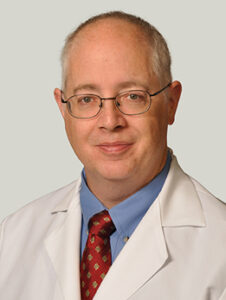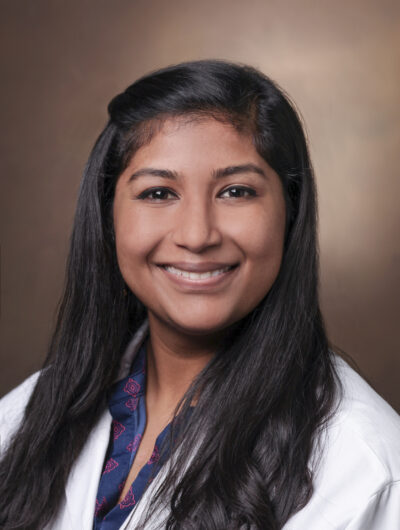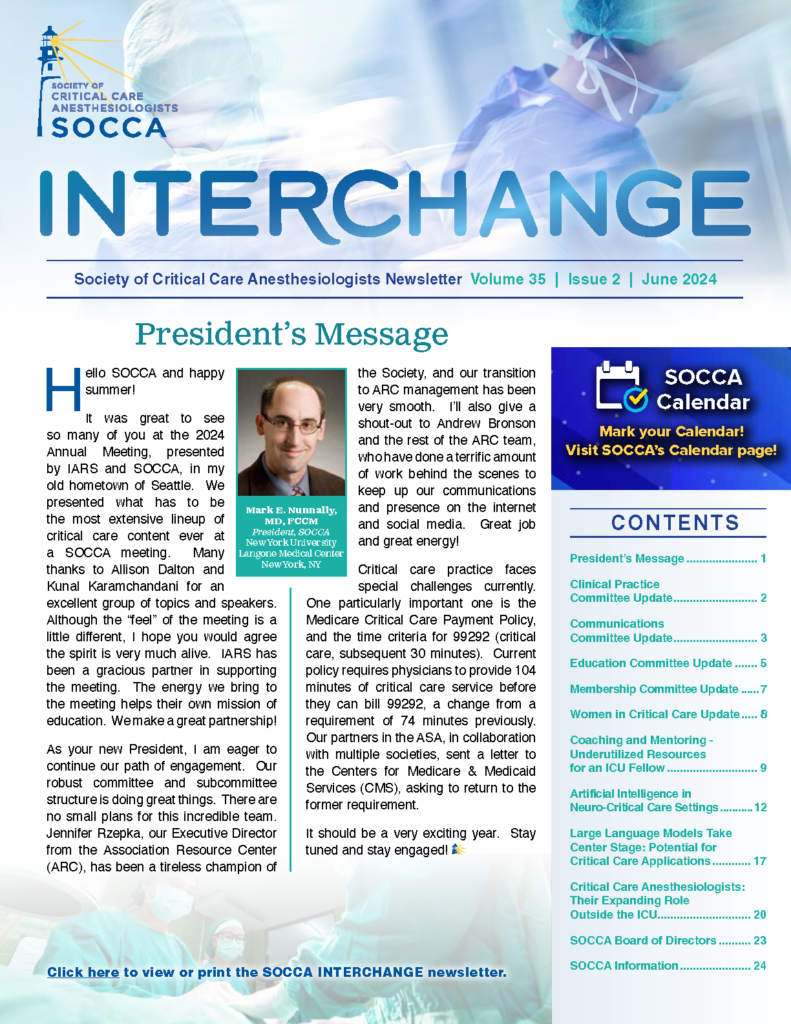A Brief Conversation with…Dr. Michael O’Connor: Advice for Early Career Intensivists
 Dr. Michael O’Connor is a Professor in the Department of Anesthesia and Critical Care, Section of Pulmonary and Critical Care Medicine, Department of Medicine, at The University of Chicago. He also serves as a Vice-Chair of Academic Affairs and as the Executive Medical Director of Critical Care Services at the University of Chicago Medical Center.
Dr. Michael O’Connor is a Professor in the Department of Anesthesia and Critical Care, Section of Pulmonary and Critical Care Medicine, Department of Medicine, at The University of Chicago. He also serves as a Vice-Chair of Academic Affairs and as the Executive Medical Director of Critical Care Services at the University of Chicago Medical Center.
What is your favorite part about being an intensivist?
I love the physiology, the incredible variety of diseases, and the challenges of managing complex patients. I honestly can’t believe they pay me to do it.
Tell me about your early career and what was your focus at the time?
I focused on becoming a clinician and educator in my first few years. I then invested a lot of effort into becoming a clinical investigator. I did new drug development and sedation in critically ill patients.
What were the most pivotal points in your early career?
Co-authoring articles published in the NEJM and JAMA as well as being asked to take over our Burn Unit, then our Cardiothoracic ICU, and finally our Surgical ICU.
When did you first get involved with SOCCA? What are some of your contributions to SOCCA that you’re most proud of?
I started with SOCCA in 1993. I am proud of my early efforts to retain and grow members. I am proud of the annual meetings we produced. Most importantly, I got to meet and work with a group of amazing people.
What was it like to be president of SOCCA? What was your favorite part? What was the most difficult part?
I was President during a very challenging time in SOCCA’s history. My favorite part was working with amazing people that are our members. Making a budget was and likely still is the single biggest stress for the SOCCA Board. I have remained engaged in SOCCA, and have been on the membership committee since I rotated off the Board.
What advice do you have for early career intensivists?
Invest in yourself. Engage in something beyond clinical work and education. Ideally research, but any form of scholarship or citizenship is better than nothing. You should spend the first year growing into your role as a new attending, from learning billing to scheduling your life. I tell junior faculty that when taking on new projects you should “date don’t marry”. Don’t commit to any long term projects within your first year. Make sure there is a deadline at which time you see if the project is still the right fit for you.
For early intensivists, how do you pick and choose which projects to take on?
Imagine your career in 5-10 years and describe who you will become. Then reverse engineer where you are and where you want to be in the future. Be “jealous” of your non-clinical time. It’s never really a day off. Always have a list of tasks that need to be completed on your non-clinical time.
For institutions that may not have formal mentorship, what is your advice on how to seek mentorship?
Utilize SOCCA mentorship and don’t hesitate to find a mentor outside the institution or department. I’ve mentored more than a dozen people at other institutions. Mentorship is a contract; mentors will expect you to execute on goals you are looking to achieve. You also need to have an idea on what you need mentorship for. If you want to get into education, take classes or find people with similar interests. It’s also ok for you to have more than one mentor. Most of us need more than one mentor.




































